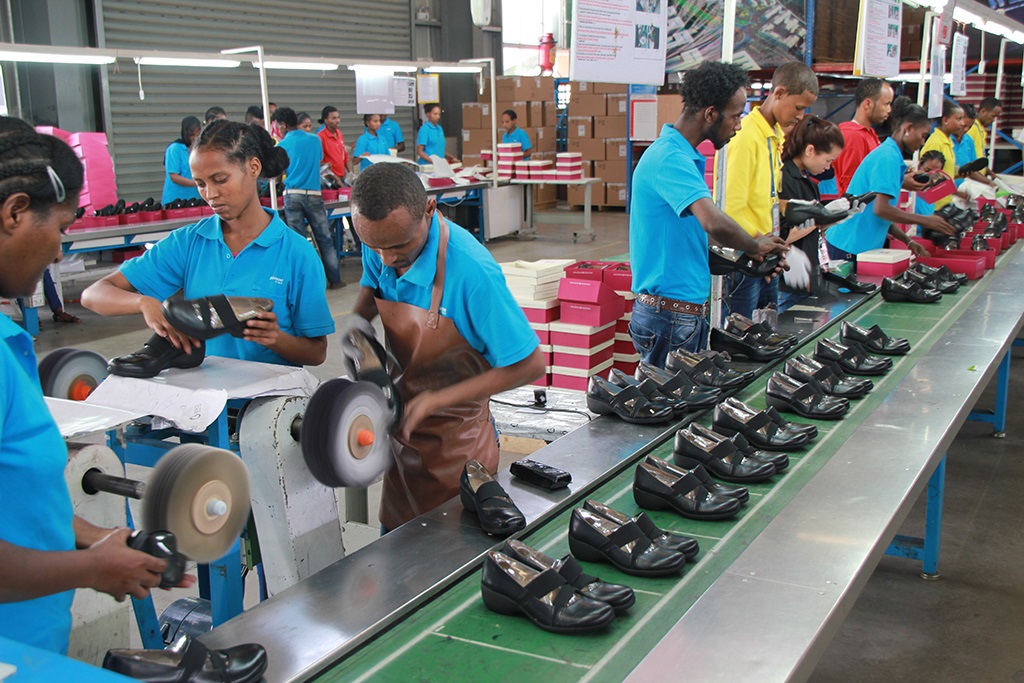The Everyday Industrial Need for Polyethylene Wax in Africa

Africa’s industrial development
Polyethylene wax (PE wax) is a versatile and essential material in various industrial applications across Africa. Its unique properties make it indispensable in enhancing the performance and efficiency of numerous products and processes. This article explores the everyday industrial need for polyethylene wax in Africa, highlighting its significance and diverse applications.
khalijpolymer exporting team : we as an exporting team guarantee the quality of our products that’s our priority but we also made sure that prices we offer are lowest possible in international market. we value the time of our costumers Wich we rather call our business partners. You can contact us on WhatsApp. We prefer video call meetings.
Understanding Polyethylene Wax
Polyethylene wax is a synthetic wax derived from ethylene, a common monomer in the production of polyethylene plastics. It is produced through the polymerization of ethylene gas under controlled conditions, resulting in a wax-like substance with a high molecular weight and unique properties. Key characteristics of PE wax include:
Low Molecular Weight: PE wax typically has a low molecular weight, contributing to its solid but pliable nature at room temperature.
High Melting Point: It exhibits a high melting point, making it thermally stable and suitable for various processing conditions.
Non-Toxic and Inert : PE wax is non-toxic and chemically inert, making it safe for use in food packaging and other sensitive applications.
Excellent Lubricating Properties: It offers excellent lubricating properties, reducing friction and enhancing the flow of molten plastics during processing.
Industrial Applications in Africa
Plastic Manufacturing: PE wax is widely used as a processing aid in the plastic manufacturing industry. It acts as a lubricant and release agent, improving the flow properties of molten plastics and enhancing mold filling. This reduces processing defects such as flow lines and surface imperfections, leading to higher quality plastic products.
Surface Modification: In the production of plastic films, sheets, and molded parts, PE wax is applied as a surface modifier. It improves surface gloss and appearance, creating a smooth and shiny finish that enhances the aesthetic appeal of plastic products.
Impact Modification: PE wax functions as an impact modifier in certain applications, improving the toughness and impact resistance of plastics. This reduces brittleness and enhances the durability of plastic products, making them more suitable for demanding applications.
Packaging Industry: The packaging industry in Africa benefits significantly from PE wax. It is used in flexible packaging to provide barrier coatings for converted paper, enhancing the functionality and durability of packaging materials.
Adhesives and Coatings: PE wax is also utilized in the production of adhesives and coatings. Its lubricating properties improve the performance of adhesives, while its high melting point and stability make it an excellent component in various coating formulations.
Economic and Environmental Impact
The use of polyethylene wax in Africa’s industries not only boosts productivity and product quality but also contributes to economic growth. By enhancing the efficiency of manufacturing processes and reducing waste, PE wax helps industries operate more sustainably. Additionally, its non-toxic and inert nature makes it an environmentally friendly choice for various applications.
Conclusion
Polyethylene wax plays a crucial role in Africa’s industrial landscape, supporting a wide range of applications from plastic manufacturing to packaging and adhesives. Its unique properties and benefits make it an indispensable material for enhancing product performance and process efficiency. As industries in Africa continue to grow and evolve, the demand for PE wax is expected to rise, further cementing its importance in everyday industrial needs.
Tap here for more info
